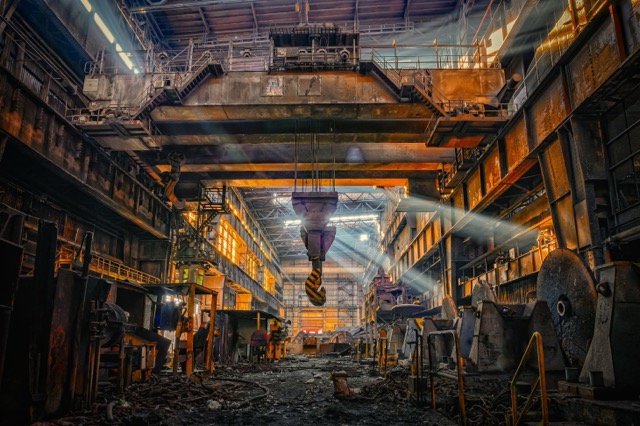Process phases
Citizens are invited to submit mobility improvement proposals over a two-month period. Proposals can range from small, local adjustments to city-wide infrastructure projects. Submission methods include:
Online submission via the Chakar Assembly Platform.
In-person submissions at community centers and public libraries.
Physical suggestion boxes located at key public transport hubs.
Local assemblies will host public meetings where citizens can present their proposals and discuss ideas with other community members. These meetings will be decentralized to ensure all districts of Chakar have access to at least one assembly session.
A Mobility Task Group, made up of representatives from citizen groups, worker cooperatives, and transport experts, will review each proposal based on:
Feasibility: Can this proposal realistically be implemented given the city’s resources and geography?
Sustainability: Does the proposal contribute to Chakar’s ecological goals?
Equity: Will this proposal benefit all citizens, particularly those in underserved areas?
Feedback will be provided to each citizen who submitted a proposal, with suggestions on how to refine their idea if needed.
After the evaluation process, a shortlist of proposals will be selected and presented to the public. Citizens will have the opportunity to vote for the proposals they believe will have the greatest positive impact on mobility in Chakar.
The most popular proposals, combined with expert recommendations, will be integrated into Chakar’s long-term mobility plan. A timeline for implementation will be established, and citizens will be updated regularly on progress through assembly meetings and the participatory platform.
Mobility Planning - Red Springs district
Mobility plan for Chakar
Current phase
Start date / End date
01 Jan 2024 / 01 Jul 2025
This process belongs to

About this process
In Chakar, mobility is a critical issue, impacting everything from daily commutes to the transportation of resources.
Key Roles in the Mobility Planning Process Group
District Mobility Facilitators: Individuals who ensure smooth deliberation and decision-making within each district assembly.
Ecological Oversight Committee: Tasked with monitoring the ecological impact of mobility proposals and ongoing transportation systems.
Technology and Innovation Group: Experts providing technical assistance in the design and implementation of advanced, eco-friendly transport technologies.
Worker Cooperatives: Local worker groups responsible for building and maintaining transportation infrastructure, ensuring that the economy remains in the hands of the people.
Public Feedback Liaisons: Individuals dedicated to collecting and analyzing citizen feedback to ensure that the mobility system evolves in line with public needs.



